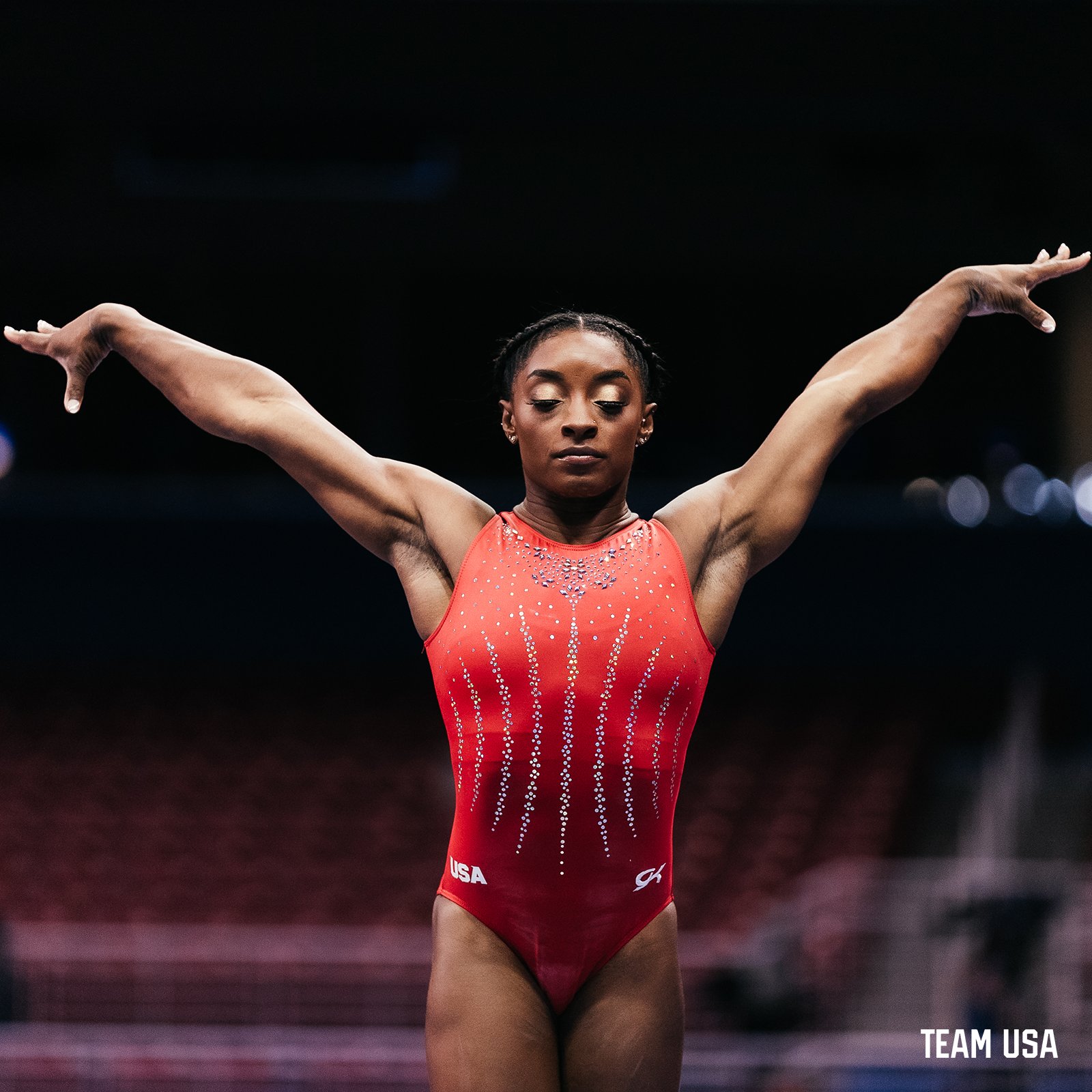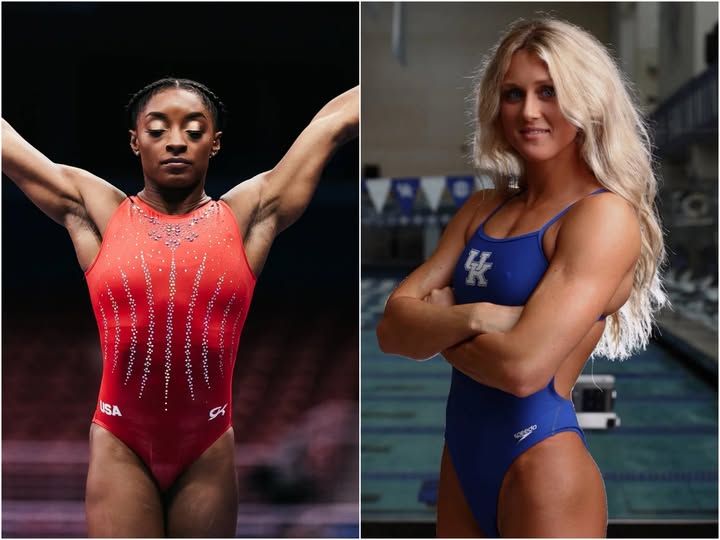What Biles said: On June 6–7, Simone Biles took to X (formerly Twitter) in response to Riley Gaines commenting on a Minnesota high school softball team with a transgender pitcher. Biles called Gaines “truly sick” and a “sore loser,” urging her to “bull[y] someone your own size, which would ironically be a male” +11+11+11+10+10+10.

Harsh tone: She also said Gaines should uplift the trans community or push for a new “transgender category IN ALL sports.” The “ironic” remark about bullying a male was a jab at Gaines herself +3+3+3.
 Gaines Fires Back
Gaines Fires Back
Not personal pain: Gaines responded that Biles’ attack didn’t hurt—she knows who she is and what she stands for +12+12+12.
Defense of fairness: Gaines says it’s not her job—or any woman’s—to make space for males in women’s sports. Biles “sold out” female athletes, she claims .
Public backlash: Gaines points out Biles took heavy criticism online and even from other athletes for what many see as body-shaming and a low blow +7+7+7.
 Voices from Reddit
Voices from Reddit
Over on Reddit, users jumped in, with reactions like:
“Simone Biles told Riley Gaines she looks like a man” +12+12+12
And critiques like:
“The projection is strong with this one.”
“Has she seen a mirror?”
The social media tone is fierce—and the debate only stoked the fire.
 Bottom Line
Bottom Line
Was Biles calling Gaines “a man”? Not exactly. It was a snarky comment suggesting if Gaines wants to “bully someone her own size,” that would be a male—this was meant as a sarcastic critique, not a direct body insult.
Misinterpretation likely: Many observers reframed Biles’ words into more personal body-shaming than she probably intended.
The flashpoint: This heated exchange is really about the larger fight over transgender athletes in women’s sports—a deeply polarizing cultural and sporting issue.
 What do you think?
What do you think?
Was Biles’ approach fair, or did she cross a line?
Is Gaines making a valid point about gender fairness in sports, or is she going too hard?
How should public figures handle criticism on identity and fairness?
Let me know your take—you want a shocking article style or a calmer analysis?


